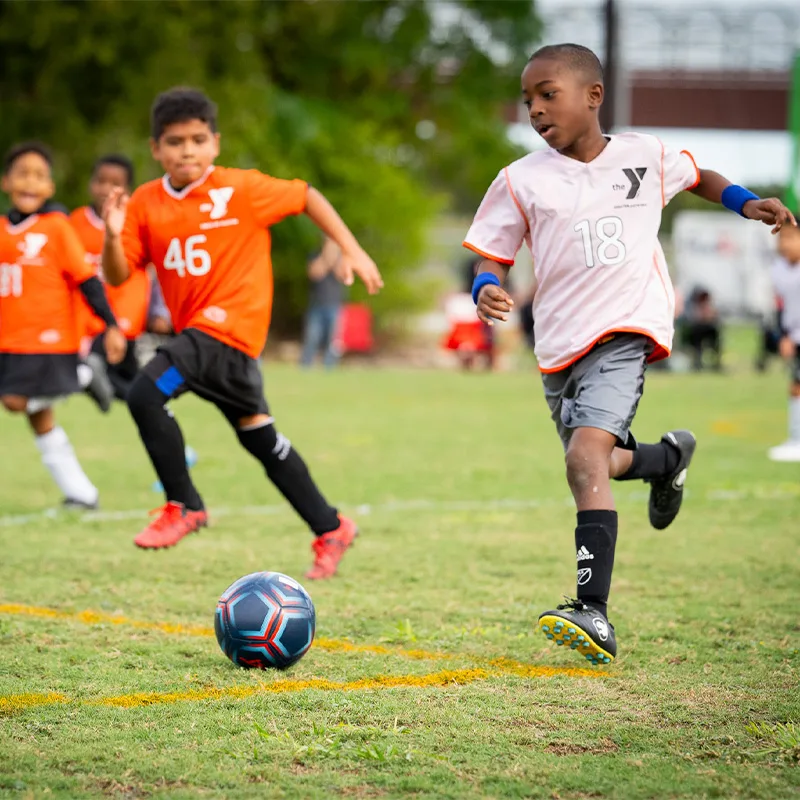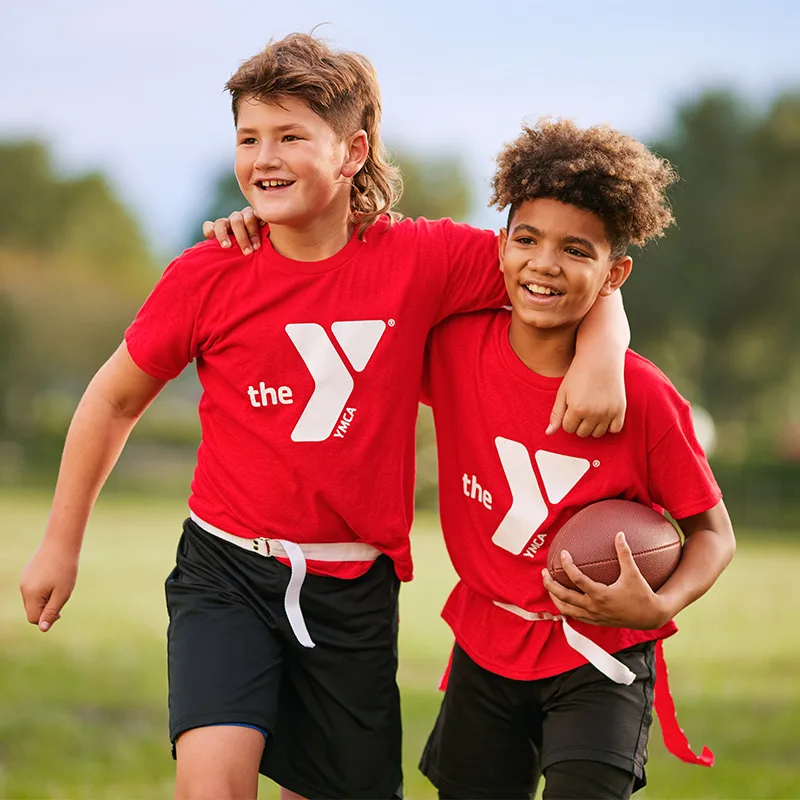Types of International Sports Training Camps
Exploring international sports training camp can open doors to advanced sporting skills and global connections. Different camps cater to varying needs and preferences, and understanding the types is key to making the right choice.
Region-Specific Camps
Region-specific camps focus on training athletes in specific geographical locations. These camps offer a unique chance to train in environments where certain sports have a strong tradition or where the climate is ideal for the sport. For instance, high-altitude training camps for endurance athletes or ski camps in alpine regions. They provide an immersive experience, blending sports training with local culture and traditions. Participants can benefit from local expertise that has been honed over generations.
Sport-Specific Camps
Sport-specific camps offer intensive training programs designed around a particular sport. They bring together expert coaches, high-class facilities, and a curriculum that aims to improve specific skills and techniques. From soccer to swimming, tennis to track and field, these camps allow athletes to dedicate their time to mastering their sport of choice. With personalized coaching and access to specialized equipment, these camps are ideal for athletes looking to take their abilities to the next level.

Choosing the Right Camp for Your Needs
Choosing the perfect international sports training camp requires careful consideration of your needs and aspirations. It is not just about finding a good camp, but also about ensuring it matches your skill level and personal development goals.
Assessing Skill Level and Goals
Before selecting a camp, assess your current skills. Are you a beginner, intermediate, or an advanced athlete? Camps vary in intensity and skill focus. Make sure the camp can cater to your level of proficiency. Next, define your goals. Do you aim to improve technique, build endurance, or prepare for competition? Your objectives will guide you in choosing a camp that specializes in areas you wish to develop.
International sports training camps may offer programs tailored to different skill levels, from foundational practices for novices to advanced strategies for elite athletes. Aligning the camp’s offerings with your skill set and goals will maximize your development and ensure a rewarding experience.
Understanding Cultural Aspects
Beyond skills and goals, consider the cultural elements of training abroad. Camps often immerse you in new cultures, which can be as enriching as the training itself. Learn about the country’s customs, language, and lifestyle as part of your preparation. This cultural understanding can enhance your adaptability and ensure a more enjoyable stay.
Take into account any language barriers that might affect your training. Some camps may offer language assistance or have bilingual coaches. Embracing the cultural experience can also expand your global perspective and provide insights that transcend sports. Keep an open mind, and be ready to adapt to new cultural norms for a fully immersive international camp experience.
Preparing for International Sports Training Camps
Proper preparation is crucial for making the most of an international sports training camp. This preparation involves both physical and mental aspects to ensure athletes are at their best.
Physical Preparation
Physical preparation for an international sports training camp starts months in advance. Athletes should focus on improving their endurance, strength, and sport-specific skills. A personalized training plan is essential. This plan should include a mix of cardio, strength training, and flexibility exercises. Nutrition also plays a key role. Eating a balanced diet rich in proteins, carbohydrates, and healthy fats will fuel the body effectively. Hydration is another critical aspect. Athletes must drink enough water daily to stay hydrated and perform at their peak.
Mental Preparation
Mental preparation is equally important as physical readiness. Athletes should work on their mental toughness, which involves managing stress, maintaining focus, and staying motivated. Visualization techniques can be very helpful. Imagining success in the camp’s activities can boost confidence and reduce anxiety. Setting clear, achievable goals for the camp will help athletes stay focused and driven. Lastly, understanding the cultural context of the destination will aid in mental adaptation and reduce culture shock.

Essential Gear and Equipment for Sports Camps
Going to an international sports training camp means packing the right gear. Without it, you can’t train effectively or stay safe.
Sportswear and Protective Gear
Choosing the right sportswear is crucial for comfort and performance. You’ll need breathable, moisture-wicking clothing that keeps you dry and prevents overheating. Include a mix of shorts, t-shirts, leggings, and sweatshirts to adjust to different temperatures. Don’t forget the protective gear like helmets for cycling, shin guards for soccer, or mouthguards for contact sports. Always bring extra pairs of athletic shoes and socks, as they’re essential and can wear out quickly.
Specialized Equipment for Different Sports
Different sports require specific equipment. For swimming, pack goggles, a high-quality swimsuit, and a swim cap. If you’re a tennis player, bring your racket, a proper tennis bag, and plenty of tennis balls. For sports like soccer or basketball, consider taking your own ball to ensure you can practice even outside of scheduled camp activities. Always check with the camp about what they provide and what you should bring from home. This way, you avoid unnecessary expenses or carrying extra weight.
Remember, the right gear enhances your training and helps prevent injuries. It’s an investment in your athletic development at an international sports training camp.
Documentation and Legal Requirements
Navigating the documentation and legal requirements is crucial for attending any international sports training camp. Getting the right paperwork in order can be as important as physical and mental preparations.
Visas and Travel Documents
Start by understanding the visa requirements of the destination country. Many countries require a sports visa for athletes participating in training camps. Check the embassy or consulate website for the most current information. Apply for your visa well in advance to avoid any last-minute issues. Additionally, ensure your passport is valid for at least six months beyond your planned stay.
Pack copies of your travel itinerary, health insurance information, and emergency contacts. Keep these documents accessible during your travel.
Health and Insurance Documentation
Health and safety are paramount. Verify that your health insurance covers international travel and sports activities. Consider buying additional travel health insurance if necessary.
Get a physical examination before departure to ensure you’re fit to participate. Obtain a health certificate, if required by the camp, confirming your fitness level and any necessary vaccinations. Also, remember to carry medications with prerequisite prescriptions and documentation, especially if they are specific or crucial for your health.

Maximizing Your Experience at the Camp
Attending an international sports training camp is a chance to not only enhance skills but also expand your horizons. To get the most out of the experience, proactively engage and immerse yourself in the camp’s environment.
Engaging with Coaches and Fellow Athletes
Communication with coaches is essential for skill improvement. Ask questions, seek feedback, and show eagerness to learn. This displays commitment and can lead to personalized advice that sharpens your abilities. Meanwhile, connect with peers. Exchange tips, share experiences, and build a network. These friendships can offer support and may even lead to future opportunities. Engaging with others also fosters a sense of community, making the camp more enjoyable.
Exploring Local Culture
Cultural exploration enriches your international camp experience. Visit local sights, try traditional foods, and learn basic phrases in the local language. This shows respect for the host country and enhances your adaptability. Appreciate cultural differences – they offer fresh perspectives, both in sports and in life. Embrace the unique setting you’re in; it’s a part of the adventure. Balancing training with cultural experiences can also prevent burnout, keeping you mentally fresh and engaged.

Post-Camp Transition
Once your time at an international sports training camp comes to an end, it’s essential to strategically plan your post-camp transition. This phase is critical for ensuring that the benefits of the camp have a lasting impact on your sporting career.
Maintaining Fitness and Skills
After the camp, it’s important to keep the momentum going by maintaining your fitness level and skills:
- Stick to a Routine: Continue with a training regimen that is similar to what you experienced at the camp, adjusting for any personal or seasonal requirements.
- Set Clear Goals: Outline specific performance goals and use the advanced techniques learned at the camp to stay on course.
- Regular Practice: Dedicate time for regular practice, focusing on the areas you wish to improve based on the camp’s training.
- Rest and Recovery: Remember to balance training with adequate rest to prevent burnout and injuries.
Leveraging Camp Experience for Career Opportunities
Your experience at an international sports training camp can open doors for future career opportunities:
- Update Your Resume: Add the camp experience to your resume or sports portfolio to showcase your dedication and newly acquired skills.
- Network Follow-ups: Reach out to the contacts you made at the camp for potential collaborations or opportunities.
- Share Your Experience: Consider sharing your knowledge and experience from the camp with your local community or sports clubs to build credibility and influence.
- Explore Endorsements: If you excelled at the camp, you could be in a position to seek sponsorships or endorsements.
By taking these steps, you can effectively harness the full potential of your international sports training camp experience to advance your athletic and professional pursuits.


